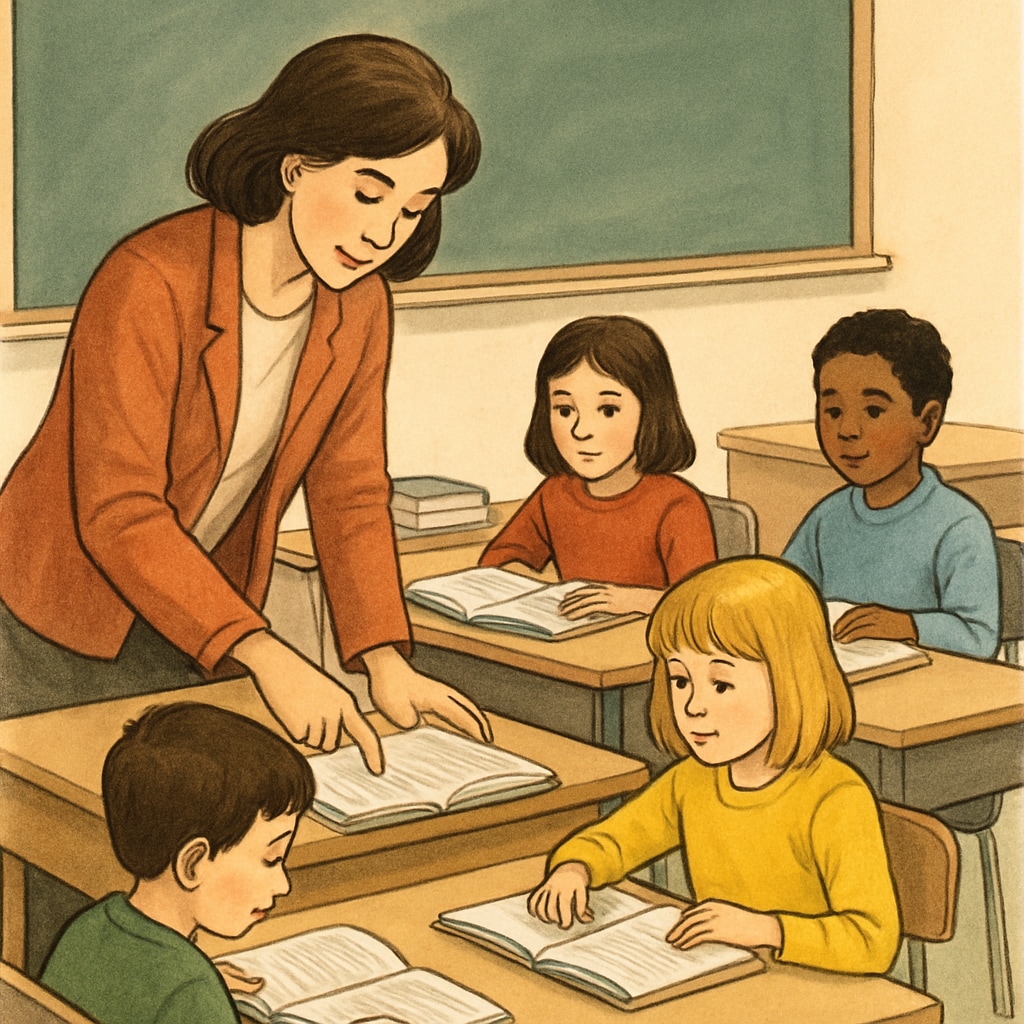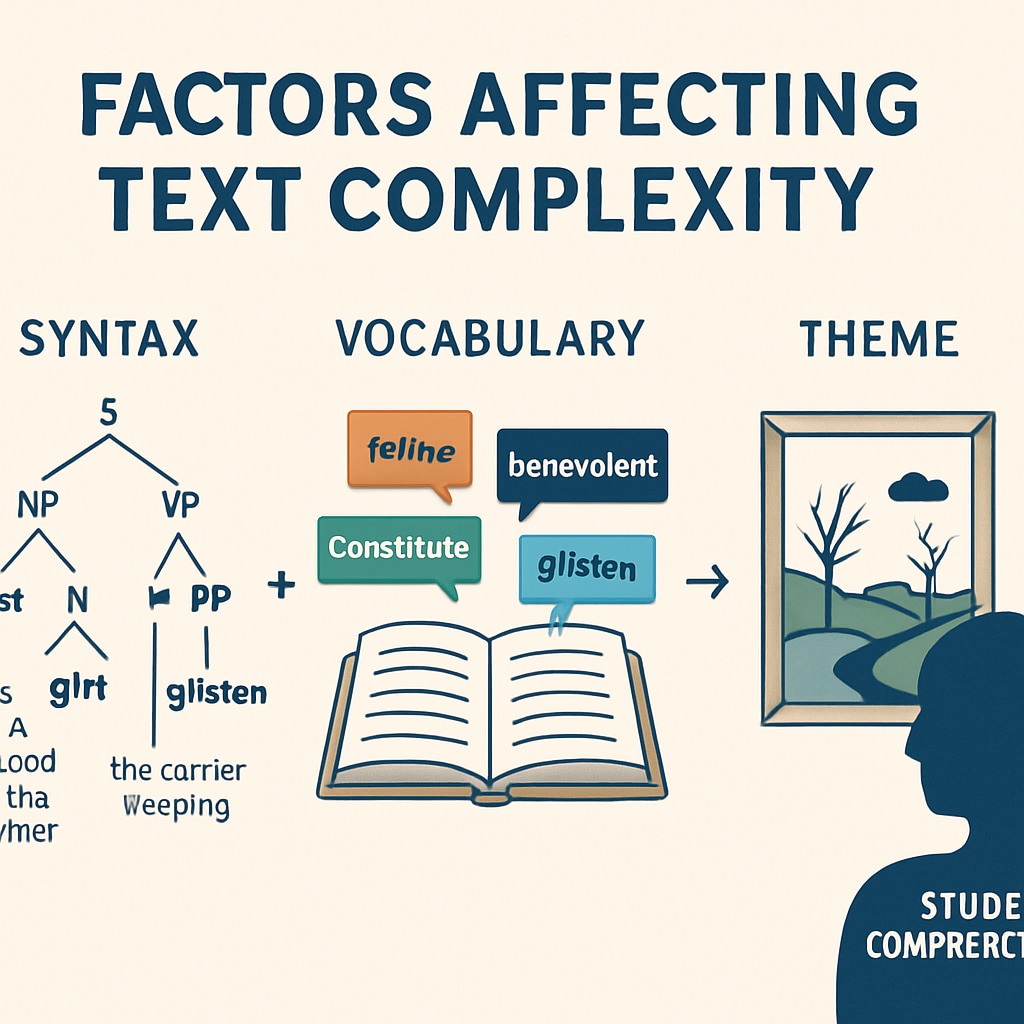Understanding reading comprehension, research, and text complexity is a cornerstone of effective education. For teachers, evaluating the complexity of texts is not just about determining the difficulty level; it’s about ensuring that students are equipped with the skills to navigate diverse materials. This article explores the essential role teachers play in reading comprehension research and invites them to contribute their expertise to a streamlined study that requires only 30 minutes of their time. Together, educators can help shape the future of K-12 reading education.
Why Teachers Are Vital to Text Complexity Research
Teachers bring a unique perspective to reading comprehension research. Their day-to-day experiences with students provide real-world insights that are invaluable for understanding how text complexity impacts learning outcomes. For example, while theoretical models can predict text difficulty, only classroom educators can assess how students interact with specific texts in practical settings. This makes their input crucial for refining methods to evaluate complexity.
Moreover, teachers are often the first to notice subtle barriers that hinder student comprehension. These insights can help researchers address challenges such as vocabulary difficulty, sentence structure, and cultural context, ultimately leading to better educational materials. By participating in reading comprehension studies, educators can ensure that their observations inform research and policy decisions.

How Text Complexity Influences Student Success
Text complexity refers to the combination of factors—such as vocabulary, sentence length, syntax, and content—that determine how challenging a text is for its intended audience. For K-12 students, texts that are either too simple or too difficult can undermine learning. Therefore, understanding and evaluating text complexity are essential for creating balanced reading curricula.
When teachers collaborate with researchers, they contribute to a deeper understanding of these factors. For instance, their feedback can help identify which aspects of a text might require additional scaffolding to support students. As a result, educators and researchers can work together to design reading materials that are both engaging and educational.

Participate in a 30-Minute Study to Shape the Future
To optimize K-12 literacy education, researchers are inviting teachers to participate in a brief, 30-minute study focused on text complexity and reading comprehension. This initiative aims to gather valuable insights from educators across elementary and middle schools. The process is simple, yet the impact of teacher contributions could be profound.
By joining the study, teachers can:
- Provide firsthand observations about how students interact with various texts.
- Help refine tools and methodologies for evaluating text complexity.
- Contribute to the development of reading materials that cater to diverse student needs.
Participation is an opportunity to amplify teacher voices in academic research, ensuring that education policies and practices are rooted in classroom realities.
Learn more about reading comprehension on Britannica or explore text complexity insights on Wikipedia.
Conclusion: Teachers as Advocates for Literacy Excellence
Involving teachers in reading comprehension, research, and text complexity is not just beneficial—it’s essential. Their expertise bridges the gap between academic theory and classroom practice, driving meaningful improvements in literacy education. By dedicating 30 minutes to this study, educators can make a lasting impact on how reading materials are developed and evaluated.
As a teacher, your voice matters. Join the effort to enhance K-12 reading education and help shape the future of literacy for generations to come.


